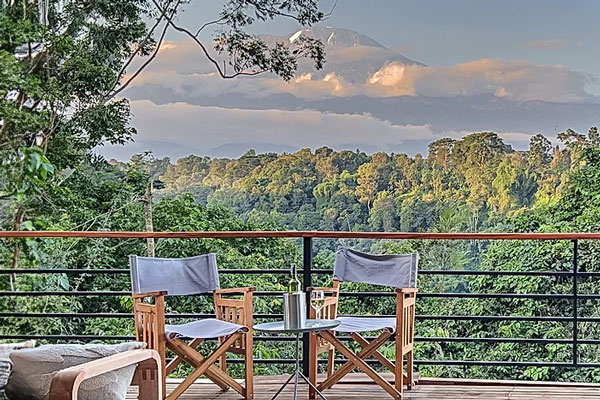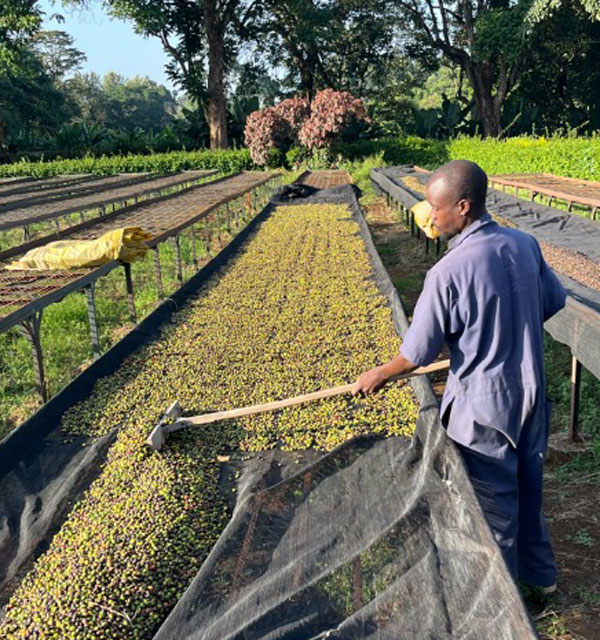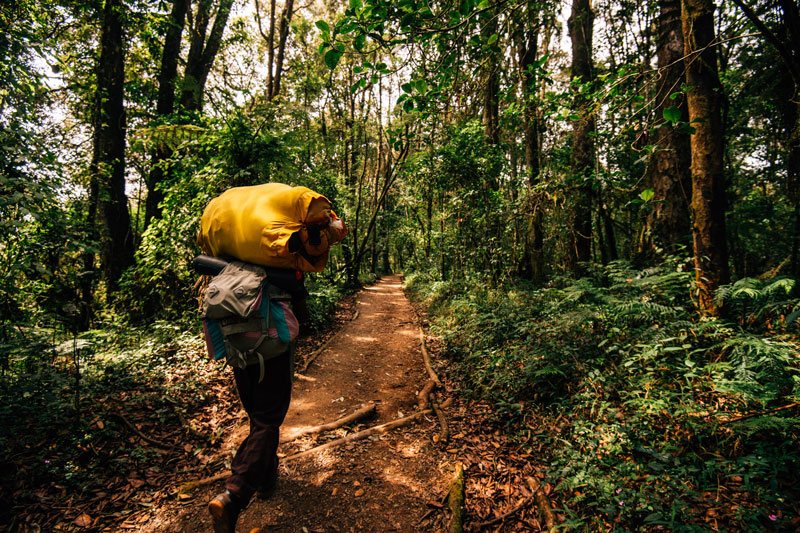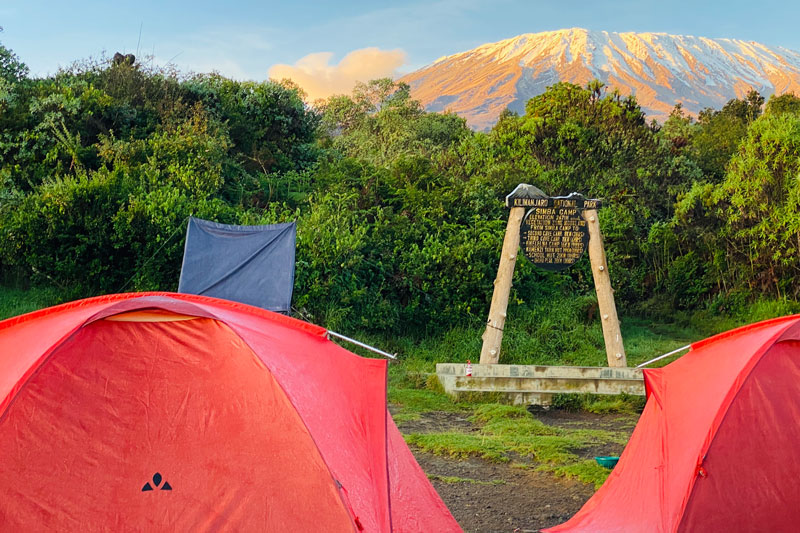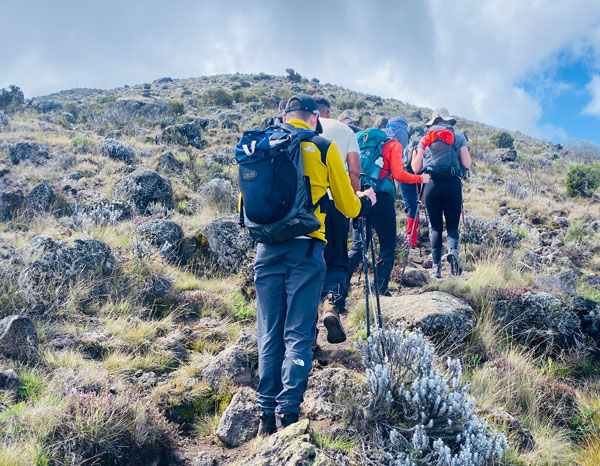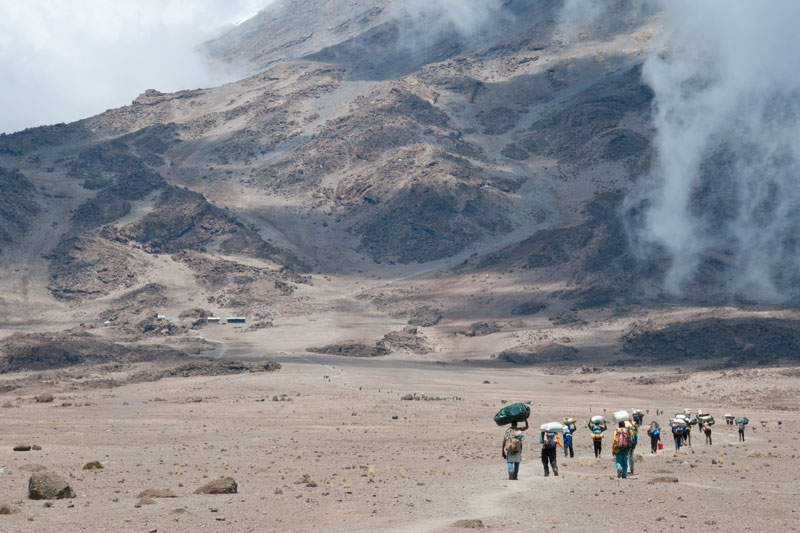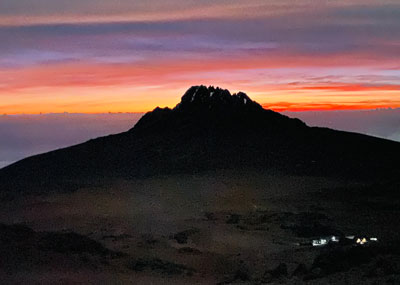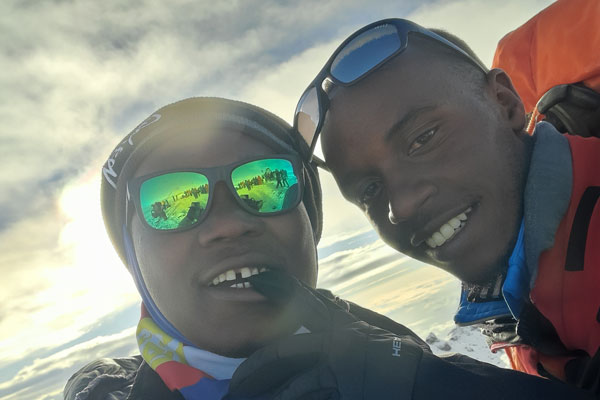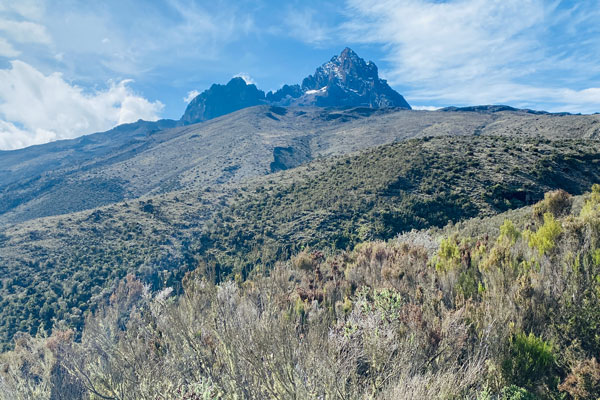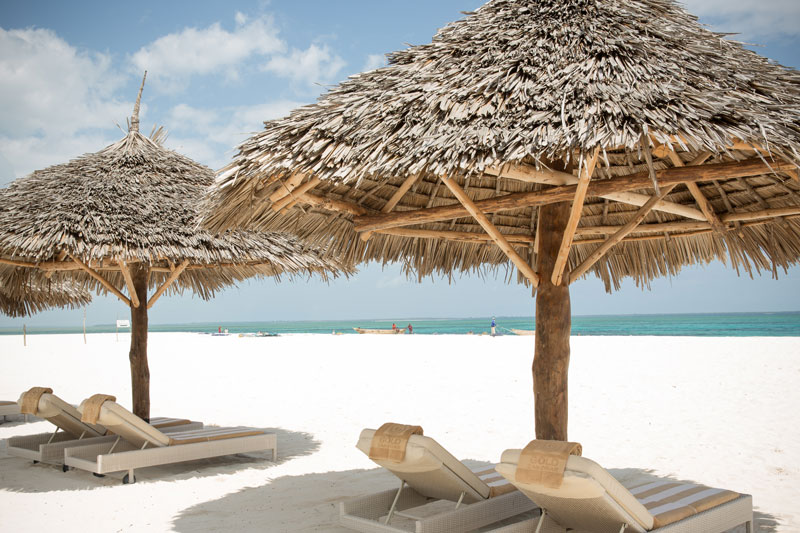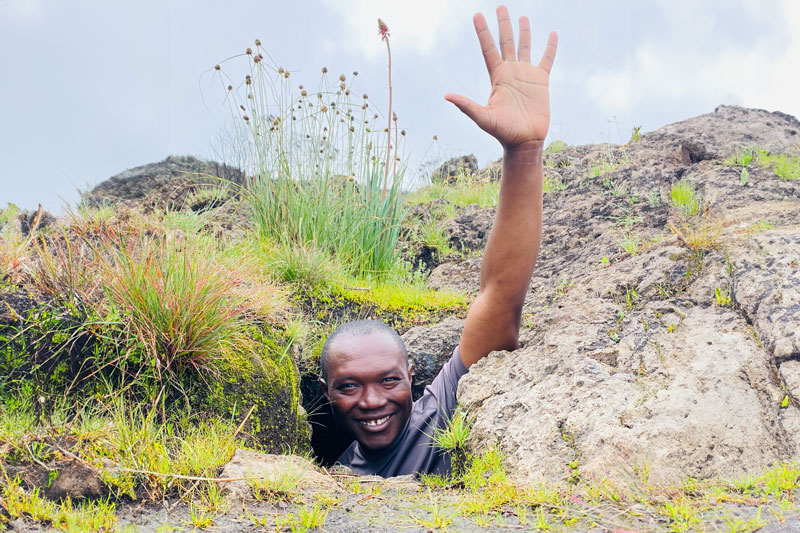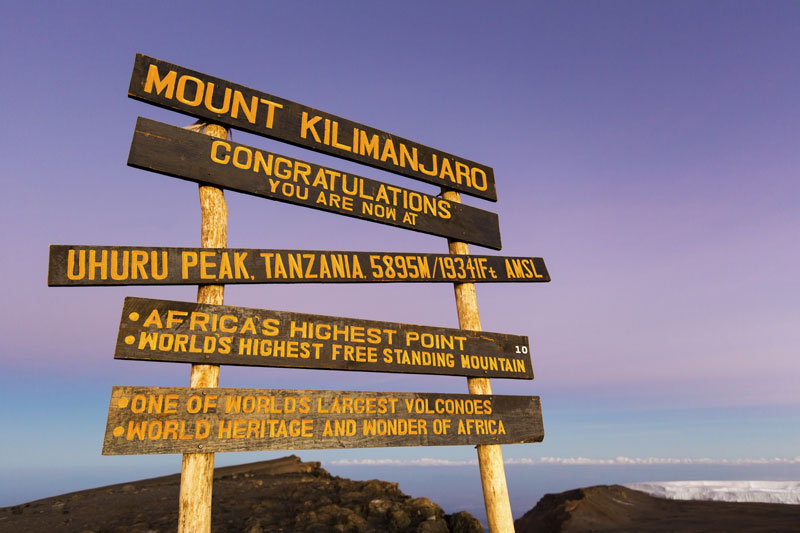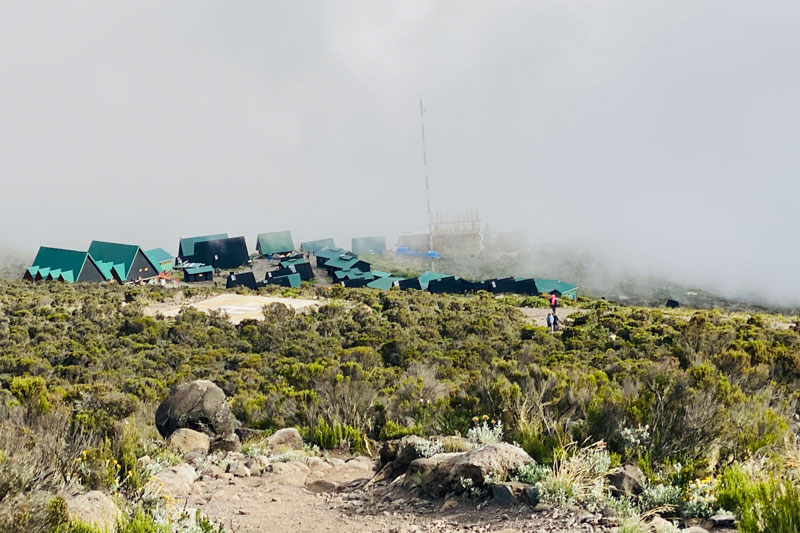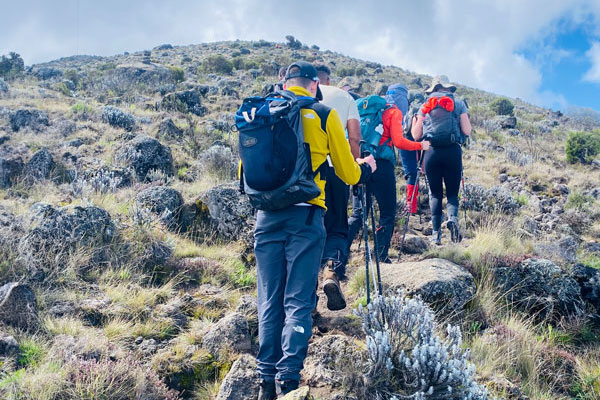Climb Kilimanjaro
Machame – Machame Camp – Shira Camp – Barranco Camp –
Karanga Camp – Barafu Camp – Stella Point
Duration: |
9 days |
Travel Period: |
June – October / December – March |
Location: |
Kilimanjaro |
Minimum age: |
10 |
Group: |
none (private safari) |
Experience Tanzania up close
Background information on climbing Kilimanjaro
If you would like to climb the highest mountain in Africa (5895 m), you will probably have many questions. We have tried to answer some questions in advance here. Do not hesitate to contact us if you have any further questions – we will be happy to help you. There are several routes for climbing, with the Machame route being the best known and most successful route. This route ensures that you can best acclimatize to the height. Please contact us if you would like additional information, receive a quote, or make a booking. We look forward to hearing from you.
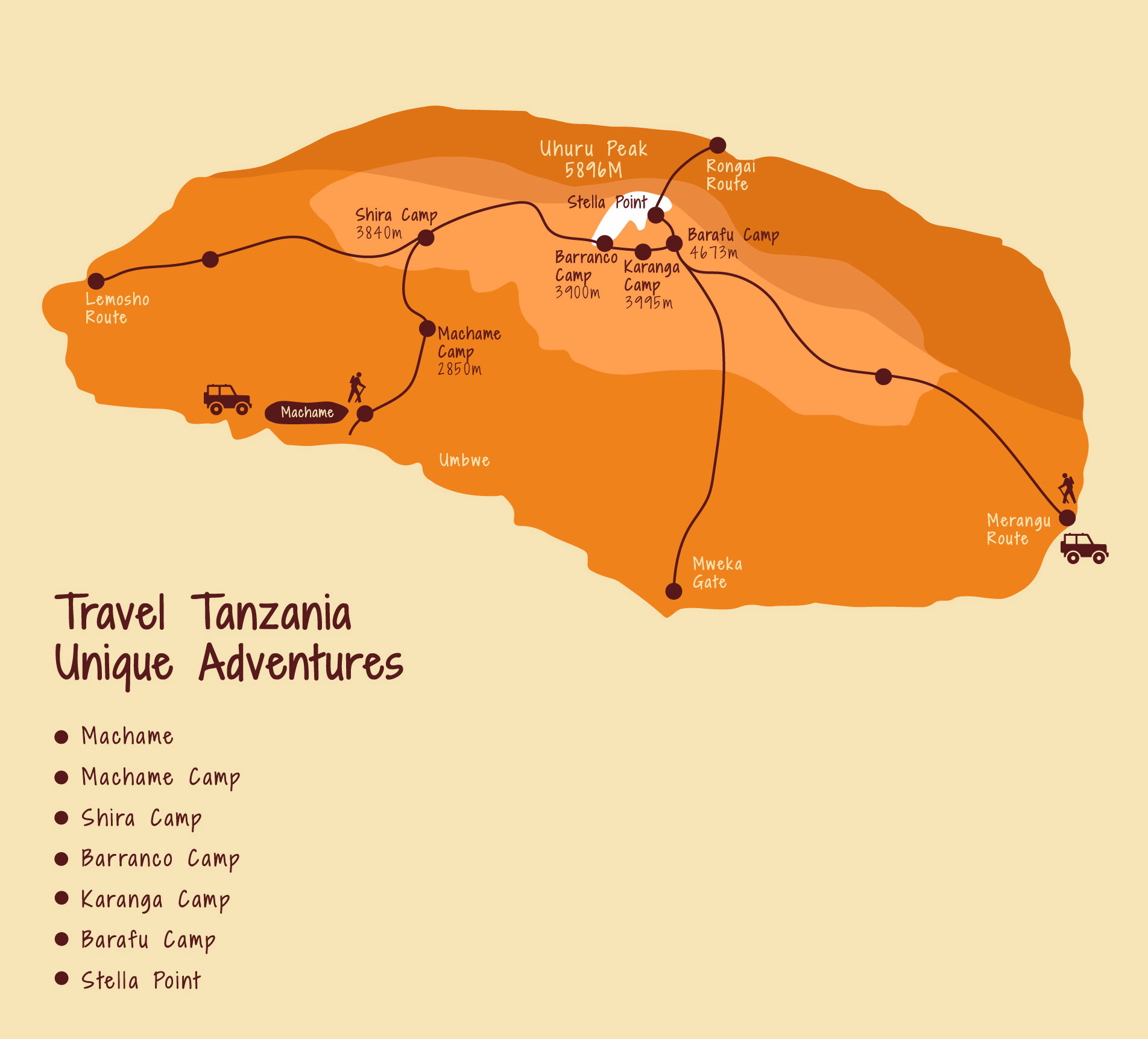
Example: Machame route
Day 1:
Day 2:
Day 3:
Elevation: Machame Camp is at an altitude of 2850 m
Overnight stay: at Machame Campsite
Distance: Machame Gate to Machame Camp: 11 km
Number of hours hiking: approximately 5 hours
Day 4:
Day 5:
Day 6:
Day 7:
Day 8:
Day 9:
Important information
What is the best season to climb Kilimanjaro?
June to October is a very good time to climb Kilimanjaro, as this is the dry season. If you would like to experience snow at the top, then the period from December to March is also suitable.
What is the best route to climb Kilimanjaro?
There are several ways to climb Kilimanjaro, with each route having its beauty and difficulty. There is a five-day tour (the Marangu route), a nine-day route (the northern circuit) and the Machame route (6 to 7 days), which is the most preferred because it is a very beautiful route and also the most successful route (you are during the day climbing at a higher altitude, but sleep at a lower elevation – see below for more information). We have added a specific description of the Machame route; the other routes are available upon request.
How much does it cost to climb Kilimanjaro?
The cost of a climb depends on the route you choose, the number of days, the accommodation you want to book and the length of time you want to stay on Zanzibar afterwards, for example. However, there are a few standard costs that apply to all routes:
- Kilimanjaro National Park entrance fee: USD 70 per person per day
- Conservation Fees: USD 70 per person per day
- Camping fees (valid for all routes except Marangu route): USD 50 per person per night
- Hut fees (Marangu route only): USD 60 per person per night
- Rescue fees (for mountain rescue): USD 20 per person – one time
- Costs for the lodges at the beginning and at the end
- Costs for the mountain guide and porters
- Costs for mountain equipment
- Cost for food and drink
- Insurance costs
Important information
Where does the tour start and end?
After you arrive at Kilimanjaro Airport, we will pick you up from the airport and drive you to your lodge or hotel. There are various three- or four-star hotels available. After you get there, you will receive a short introduction about the climb and we will check your equipment. If something is missing, it is possible to rent it on site the next day. You will stay at the hotel or lodge for two nights so that you can acclimate to the local temperatures and climate. After you return from your climb, you will spend another night at the same hotel or lodge before either flying back home or continuing to Zanzibar.
What are the temperatures at the different campsites?
Machame Camp: 5°C at night, 15°C during the day.
Shira Cave Camp: -3°C at night, 15°C during the day.
Baranco Camp: -2°C at night, 15°C during the day.
Karanga Camp: -2°C at night, 15°C during the day.
Barafu Camp (base camp): -5°C at night, 15°C during the day.
Uhuru peak: -15°C to -20°C at the summit.
What do I need to take with me to climb Kilimanjaro?
On request, we can provide you with a list of basic equipment necessary for the climb. The list includes information on sleeping bags, headgear, hand and foot coverings, other clothing, medication, cosmetics, etc.
How many mountain guides will be on the climb and what will they be carrying?
There will be at least three porters per guest. There is also one mountain guide for every two guests. So for example, if there is a group of four tourists, then at least twelve porters and two mountain guides will be organized. These porters carry all materials such as food, cooking utensils, tents, tables, etc., both for themselves and for you as a guest. Everyone in the group has an important role and everyone depends on each other. If you would like fresh fruit and vegetables every day, please let us know in advance.
Where do you sleep at night?
Depending on the route you choose, you will either spend the night in huts (the Marangu route) or in tents (the Lemosho route – 8 days, the Machame route – 7 days, the Rongai route –6 days).
Important information
How fit do I have to be to reach the summit?
There are no technical difficulties to climb Kilimanjaro, but you must have good physical fitness. If you have certain health problems, such as asthma, you must inform your mountain guide in advance. Climbers over 50 years old are advised to have a doctor conduct a physical examination to ensure they are fit enough to climb Kilimanjaro. There is no age limit, and you can climb Kilimanjaro at any age as long as you are physically fit and healthy enough for the climb and the difference in altitude. The oldest woman to climb Kilimanjaro was an impressive 86 years old.
How can I avoid altitude sickness?
You can counteract altitude sickness with the drug Diamox, for example. Additionally, the climb is very slow, so you can get used to the altitude during the day. There are days when the climb itself is higher, but the camp is lower, so you get used to the altitude easily. Finally, it is very important to drink plenty of water (three to four litres per day).
Are there health checks during the climb?
Health checks are carried out every day to ensure the safety of our guests. Safety is our top priority when climbing Kilimanjaro. Oxygen levels, your pulse and symptoms of altitude sickness are checked, for example. Daily checking minimizes the risk of symptoms worsening if you become ill, as early intervention can be undertaken.
What happens if I have to turn back or need help?
If you are still able to go down by yourself, you will be accompanied by one of our mountain guides. In this case, you will have to pay a tip and stay at your hotel or lodge until the others in your group return. Additional accommodation costs, as well as food and drink, are at your own expense.
It is advisable to use "Trekking 6000 insurance", which covers all risks of a climb up to 6000 metres in altitude.
If an emergency occurs, there are two options:
- Evacuation using a stretcher. A mountain guide and an experienced crew will carry you down as quickly as possible.
- If you have registered for the "Trekking 6000 insurance", the evacuation can take place by helicopter. If no such insurance has been purchased, but you still need to be brought down by helicopter, you will have to bear the costs yourself (approximately EUR 5200).
Prices
10 days per person starting at EUR 3,900
Please note that the prices shown are indicative and are valid only for a 10-day period (7 days Machame route, 3 days overnight stay in lodges) in low season. Prices may be influenced by additional requests, activities, alternative accommodation, group size, number of porters and mountain guides, or travel period. For an exact, non-binding quote, simply contact us.
What is included in the price?
- Pickup from Kilimanjaro Airport (JRO) and transfer to your accommodation
- All nights in the hotels / lodges / tented camps
- Full board, excl. beverages in hotels / lodges, incl. water / coffee & tea during climb Kilimanjaro
- Parking fees for all national parks listed
What is not included in the price?
- Intercontinental flights (bookings of intercontinental flights are possible on request)
- Additional activities (prices on request)
- Visa fees (USD 50 per person)
- Drinks in the hotels, lodges and tented camps
- Personal expenses and gratuities
- Insurance (e.g. travel insurance, Trekking 6000 and travel cancellation insurance)
- Any vaccinations and AMREF Flying Doctors
- Flight to Zanzibar, overnight stays, and activities on Zanzibar (prices on request)
Please specify any additional activities or changes you would like when requesting a quote!
Do you have any questions?
We are always here for you!
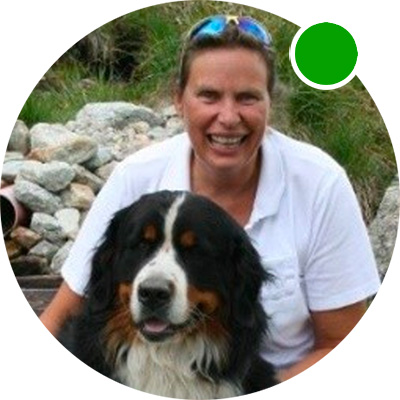
Free consultation (GER, ENG, NL)
+41-076-20 24 29 1
Contact form
Please contact us
We are happy to answer your questions
Travel information
Frequently asked questions
Security
Is Tanzania a safe country to travel to?
Ready to climb Kilimanjaro
Experience your individual tour with authentic impressions!
We will be happy to advise you without obligation on your dream Kilimanjaro trip in beautiful Tanzania.
What are you waiting for?
Explore our
other safaris as well
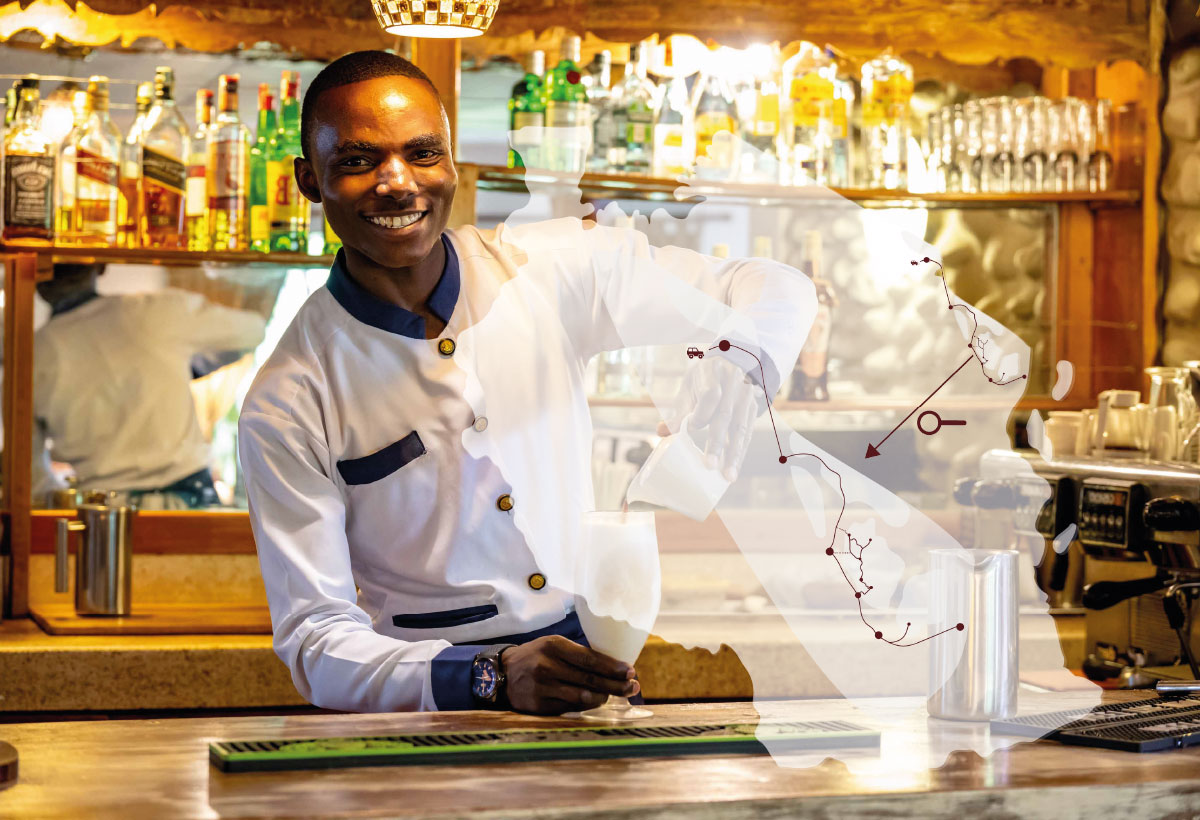
Tanzania in all its facets
Arusha – Kilimanjaro – Mkomazi National Park – Usambara Mountains – Tanga
Can be combined with additional activities
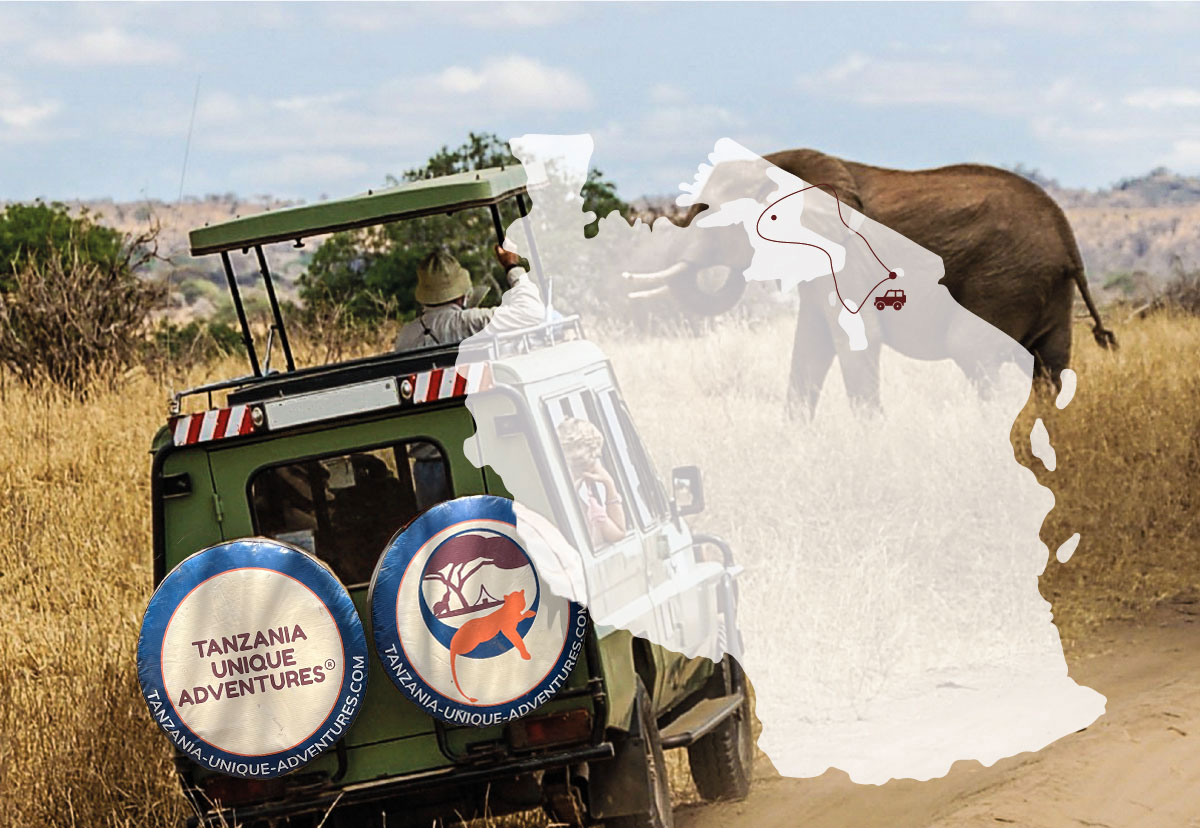
Experience the animals up close
Arusha – Arusha National Park – Tarangire National Park – Lake Manyara – Ngorongoro Crater – Serengeti
Can be combined with additional activities
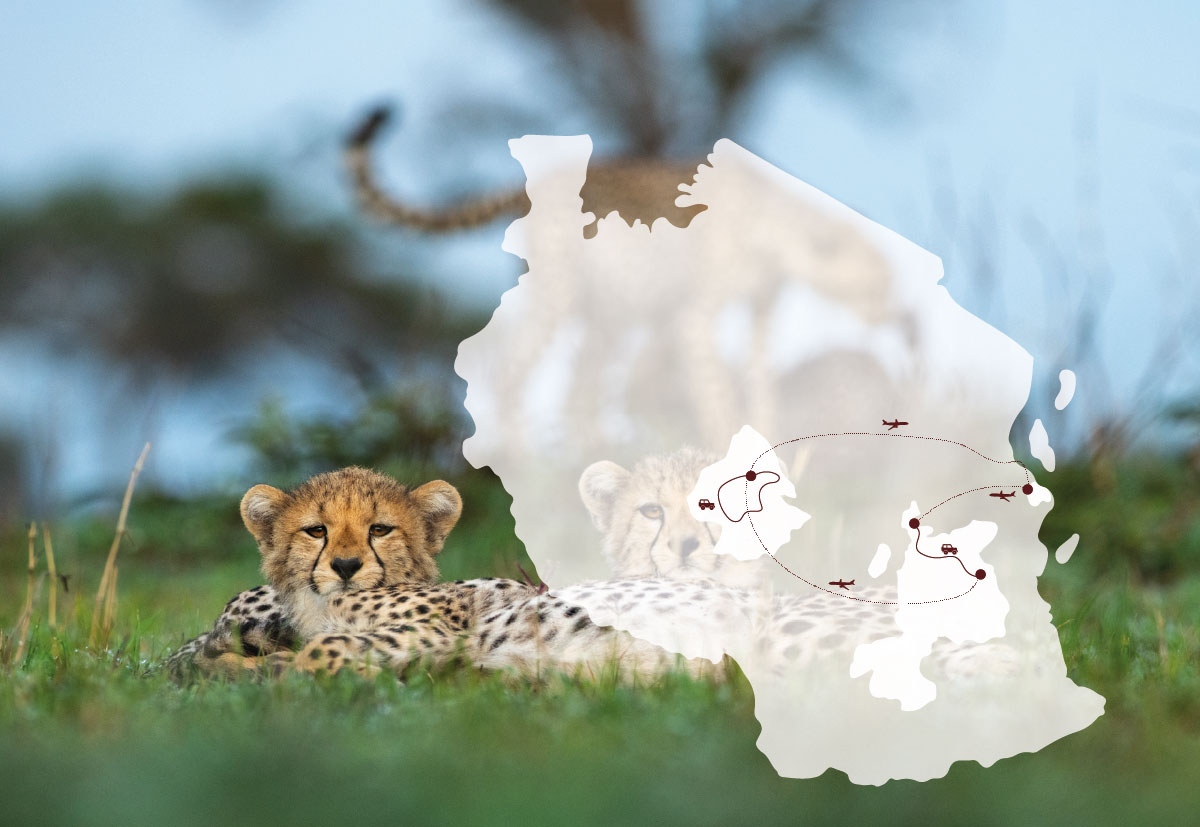
The tranquillity of the national parks
Can be combined with additional activities

